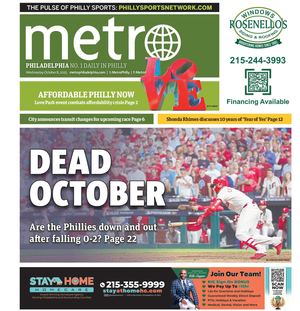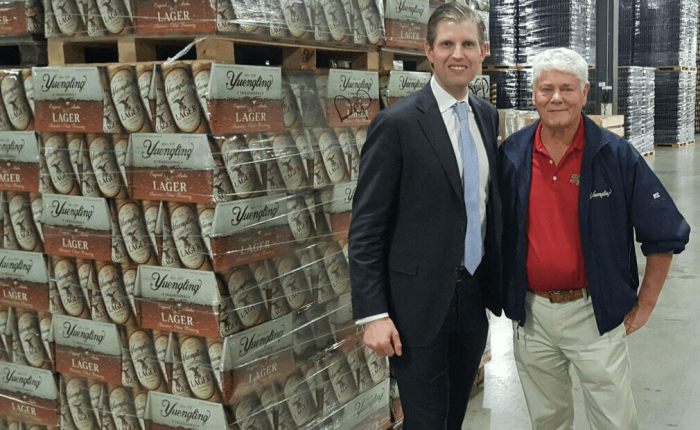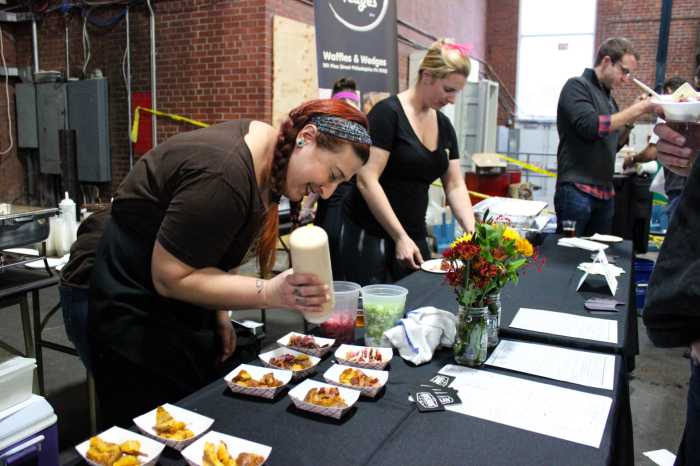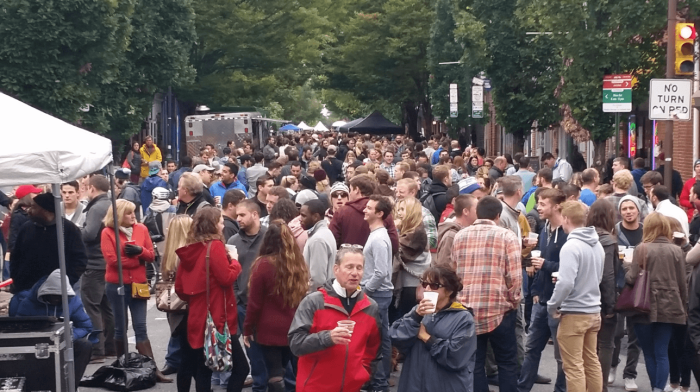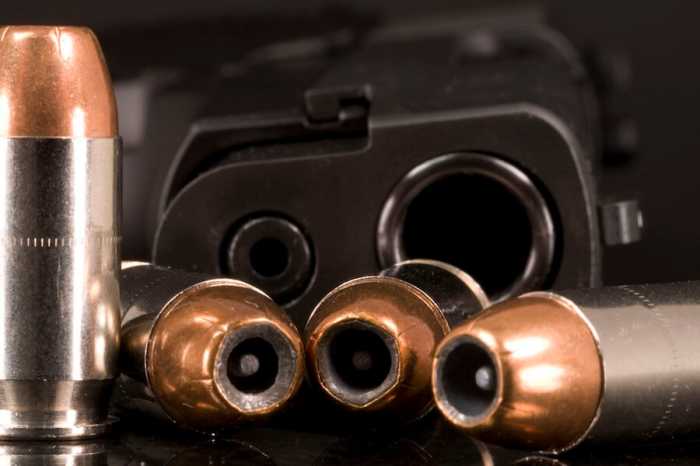Convenience has become the watchword of the Pennsylvania Liquor Control Board as it attempts to rebrand its consumer image by remodeling stores and adding new outlets.
But that may not be enough to silence those who argue that the state shouldn’t be in the booze business.
The state liquor board has made strides in some policy changes this year. Select stores are opening their doors on Sundays and having extended hours throughout the week. The board remodeled 33 stores and added two new stores, according to its annual report. A new location in Philadelphia opened on Dec. 12 in Center City. “Our mission has changed over time,” said PLCB Director of Communications Elizabeth Brassell. “Now we’re about convenience and access.”
Remodeling projects have dependent on lease terms of the individual stores – the state is investing in stores that have longer leases, she explained. Brassell declined to comment on how much is budgeted for such projects. The PLCB is trying to create a new image that is drastically different from the nod to prohibition that helped outline their policies in the 1930s. Advocates of privatizing the industry say the efforts aren’t enough to appeal to consumers and question the board’s motivations for making the changes.
“It’s fear,” said liquor privatization advocate Lew Bryson. “I think everybody sees [the rebranding] for what it is: lipstick on a pig.”
Remodeling stores doesn’t do enough to better serve the consumer if the same selection is available, he said.
“They’re moving a lot faster than I thought they would, although it’s pretty much the same selection,” he said.
The PLCB might be doing its best to appeal to consumers, but they may still miss the mark with younger generations.
“Millennial consumers are apt to spend more money on alcohol but they want to do with more variety,” said wine blogger Joe Roberts. “Because there is so much information, they are less intimidated.” One popular trend is buying locally sourced beer, wine and spirits. Although the PLCB has some policies that are friendlier towards small distilleries, its process of choosing which products to put on shelves all over the state leaves some left out. “As a Pennsylvania distillery, I can take advantage of their Made in Pennsylvania program,” said distiller Dean Browne of Rowhouse Spirits. “They essentially allow you to pick 10 stores to put your product in. But if you want access to the entire Pennsylvania market, you have to go through this full listing process. They never give you the metrics to determine what they’re going to put on the shelves.” Browne said that if applications were denied, the PLCB wouldn’t tell him or other distillers why. He said he has gone through the process several times and has resigned to selling his product out of his Frankford Avenue distillery, and doing wholesale distribution in other states. When it comes to selling his award-winning gin and other spirits in an expanded local market, Browne will wait to see if the PLCB policies change. “You just stick your finger in the air and see which way the wind is blowing,” he said.
Rebranding state’s liquor business falls short of serving consumer, critics say

Provided
